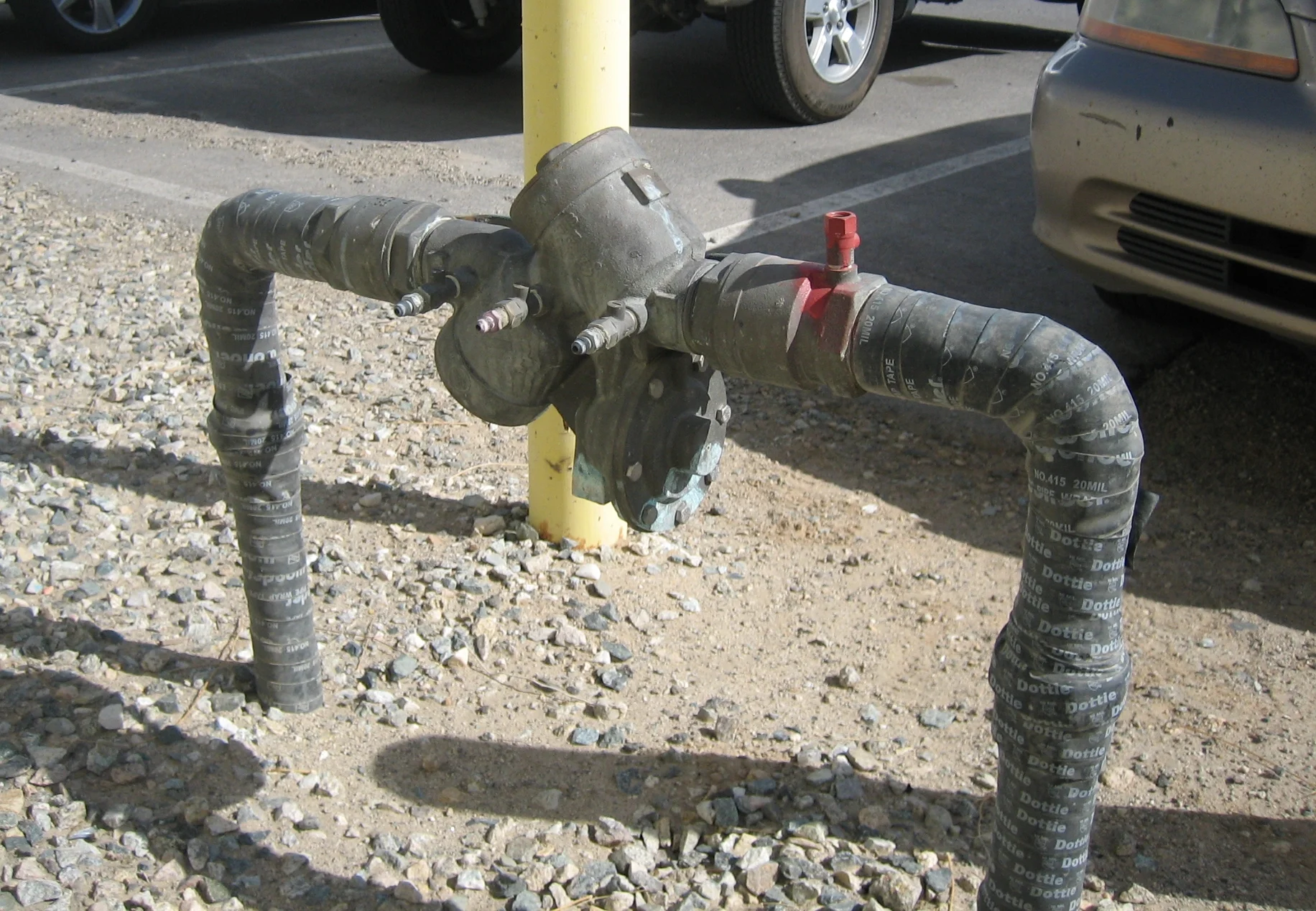Several administrations have made attempts to "streamline" the NEPA process, and in January of this year President Trump issued Executive Order (EO) 13766 Environmental Reviews and Approvals for High Priority Infrastructure Projects, followed in June by EO 13807 Establishing Discipline and Accountability in the Environmental Review and Permitting Process for Infrastructure Projects. The goal of these efforts is to reduce the overall timeline for environmental reviews, with an emphasis on optimizing efficiency, interagency coordination, and reducing unnecessary burdens. In response to the President's Executive Orders, in September 2017, the Council on Environmental Quality (CEQ) issued an "initial list of actions" it will take to enhance and modernize the federal environmental review process, which includes development of a framework for implementation of "One Federal Decision," new guidance for implementing NEPA, and a review of existing CEQ implementing regulations to identify needed changes and clarifications. However, the implementation of these new Executive Orders and related changes to review processes, guidance, and potential regulatory changes will ironically take some time.
Read More








